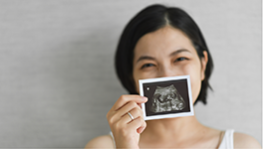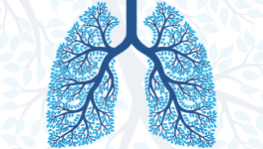OLD LYME, CT — JUNE 27, 2017 — Experts note that the “culture of excellence,” a hallmark of the medical profession, can create an environment in which learners are unlikely to admit deficiencies in knowledge or competence, and that learners tend to gravitate toward material with which they are already familiar.1,2 Since 2014, The France Foundation has served as a biosimilars educational resource for nearly 14,5003 clinicians through the delivery of numerous educational initiative targeting various clinical disciplines. We’ve learned that clinicians have a varying degree of understanding when it comes to biosimilars. With the increasing entry of biosimilars into clinical practice it is important to equip clinicians from various specialties with information that can provide a context for the appropriate use of biosimilars.
As such, The France Foundation recently launched an on-demand initiative that will objectively identify the needs of learners and direct individuals towards education to help address their true gaps. Directing learners towards specific educational topics and formats based on objective responses to insightful questions can avoid learner choice of the “path of least resistance” and allow them to be individually directed to content that can set the stage for acquiring necessary and important knowledge and confidence.
Learn more at: http://www.biosimilarscme.org/individualized-learning
1 Dionyssopoulos A, Karalis T, Panitsides EA. Continuing medical education revisited: theoretical assumptions and practical implications: a qualitative study. BMC Med Ed. 2014;14:1051.
2 NEJM Knowledge+ Team. Internal medicine textbooks and board review books: who uses them and why? 2015. http://knowledgeplus.nejm.org/internal-medicine-book-board-review-books-uses/. Accessed August 3, 2016.
3 The France Foundation. Data on File.





